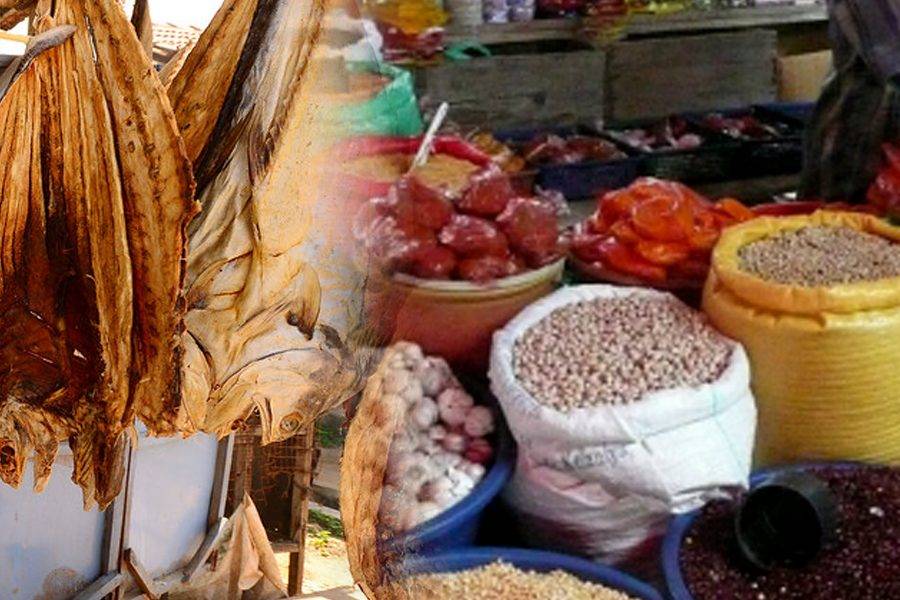The Government has withdrawn several gazette notifications issued over the past four years to align prices after criticism that a new Trade Ministry effort to adjust costs of 27 essential items clashed with earlier price controls.
State Minister of Cooperative Services, Marketing Development and Consumer Protection Lasantha Alagiyawanna yesterday said that Trade Minister Bandula Gunewardena had withdrawn four gazette notifications issued in 2016, 2017 and two in 2020 to align prices of keeri samba, sugar, Pakistan potatoes and dried chilies after criticism from consumer groups and media.
On Monday, the Trade Ministry launched a new program under which prices of 27 essential items were reduced for three months. However, the measure came under fire almost immediately after prices of the four items were higher than what was stipulated by the gazettes.
“These gazettes were issued to empower the Consumer Affairs Authority (CAA) to control prices. However, keeri samba is now sold at Rs. 125 per kilo, while the gazette said Rs. 120; sugar was to be sold at Rs. 85, but is now Rs. 99; and potatoes imported from Pakistan were Rs. 115 but are now Rs. 140 per kilo. The biggest change is for dried chilies, which in 2016 sold for Rs. 385 but is now Rs. 495.
“Therefore, considering the complaints of price discrepancies it was decided that the earlier gazettes will be withdrawn,” Alagiyawanna told reporters.
The Trade Ministry has defended the price difference as natural given inflationary pressures and insisted the price reduction of 27 items was done in good faith to assist the public. However, the lower prices will only be available via Lanka Sathosa, cooperatives and Q-shops. The Ministry negotiated the prices with suppliers, opting out of issuing gazettes as was the typical practice.
“The reason we decided on a negotiated price with suppliers rather than issuing gazettes was because when price controls were issued earlier, retailers in many parts of the country were unable to sell at that price, which created supply distortions in the market. This time we have tried to pass on the savings directly to consumers by cutting out the middleman,” the State Minister said.
The reduction in prices is also aimed at the Sinhala and Tamil New Year period in April when costs, especially for food items, routinely reach high levels.
The 27 essential items include prices of red raw rice (1 kg), white raw rice (1 kg), nadu (1 kg), samba (1 kg), keeri samba, wheat flour, white sugar, brown sugar, tea (100 g), Australian red lentils (1 kg), Indian Big Onions (1 kg), local potatoes (1 kg), Pakistani potatoes (1 kg), chickpeas (1 kg), dried chilli (1 kg), local canned fish (425 g), imported canned fish (425 g), Thai sprats (1 kg), skinned chicken, crystal salt (1 kg), powdered milk (400 g), soybean oil (500 ml), laundry soap – BCC (115 g), laundry soap (650 g), body soap (100 g), hand wash (100 ml) and face masks (SLS-certified).
Reportedly, the prices in this agreement can only be changed if the exchange rate changes or the Government imposes taxes on these goods.
(FT)

